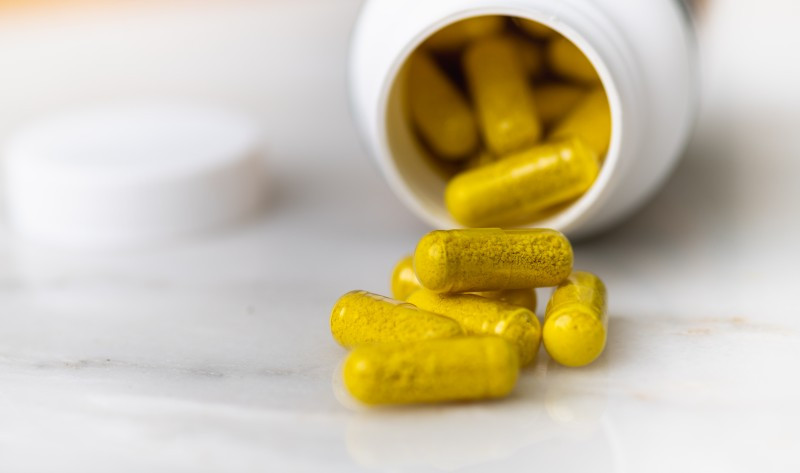Berberine is a chemical present in certain plants, with a unique ability to function as a natural remedy. One of its foremost benefits is its positive effect on blood sugar and cholesterol levels, which can be helpful in a variety of ways to individuals wrestling with certain health conditions.
Just What Exactly Is Berberine?
Berberine is a yellowish and bitter-tasting chemical that is found not just in one plant, but in an assortment of plants found in different parts of the world. These include Oregon grape, European barberry, goldenseal, tree turmeric and others.
In terms of classification as a substance, berberine is an
isoquinoline alkaloid. Like other such substances, berberine can have restorative effects on the human body, especially in regard to cardiovascular and metabolic health. It's no wonder berberine has a reputation as a credible remedy. It has both a long history of use as a treatment, especially in Chinese and Indian medicine, and a sterling reputation for its health benefits that have been corroborated by scientific studies in recent years.
How Berberine Manages Blood Glucose & Lipid Levels
Sugar (or glucose) is present in the blood, as are various fats (lipids). Both glucose levels and lipid levels need to be managed, not only by natural mechanisms within our own bodies but sometimes also via outside assistance from supplements available for us to consume, with a physician's guidance, of course. Too much of either glucose or lipid, over time, can produce harmful effects and the development of certain medical conditions best avoided, such as damage to blood vessels and a heightened risk of diabetes, heart disease, and vision problems, among other conditions. Berberine has the potential to help reduce both
blood glucose and lipid levels.
The primary benefits of berberine's regulating properties are aimed especially for those who are diabetic or at risk for cardiovascular disease or already experiencing it.
Berberine's Benefits for Diabetics and Heart Patients
Let's talk more specifically about berberine's purported benefits. Taking berberine as an oral supplement has been shown to slightly reduce
blood glucose levels in diabetics. If you have diabetes and manage it well, berberine might be an added element to help you be more comfortable, and enhance the regulation of proper blood sugar levels. This effect might also help address complications, including
cardiovascular disease due to diabetes as well as
diabetic neuropathy.
Berberine has also been shown to help lower the levels of low-density-lipoprotein cholesterol (LDL, bad cholesterol), as well as overall cholesterol and high blood pressure. It is thought to work just as well as prescription statin therapy but without the usual side effects.
Since berberine is a natural, plant-derived remedy, some people might be skeptical of its effectiveness. But there's ample evidence that shows it does produce an effect on combating high blood glucose, cholesterol, and lipid levels. It can also be helpful to anyone trying to
shed excess weight. One study has shown berberine to clearly be effective in improving heart function and exercise endurance compared to those taking a placebo.
In the realm of alternative remedies, berberine is a clearly credible option for those with high blood sugar, cholesterol, and blood pressure. This is especially true for those at risk for, or who are already beset with diabetes or cardiovascular disease. Consider taking an oral berberine supplement, and be sure to talk to your doctor before doing so.

